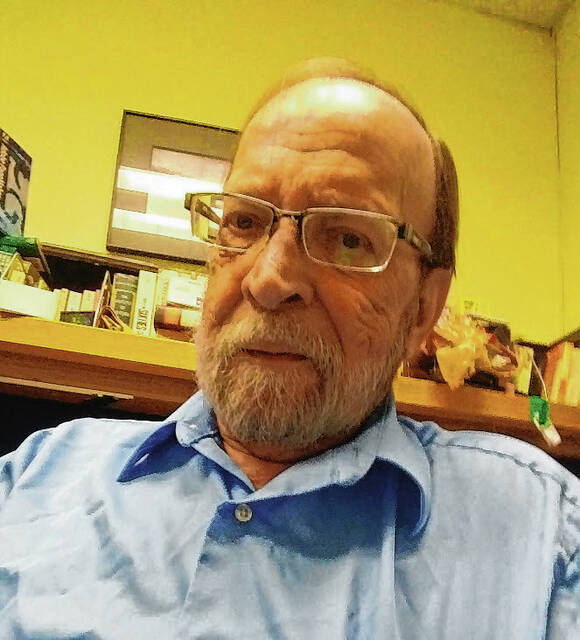It’s an issue that has long engaged my attention: Where do we draw the line between autonomy and subjugation, between when we should be left alone and when we must be made to conform for the common good?
I have strong libertarian instincts, so I have always argued for the minimum government necessary to protect us against threats to our lives and property. Otherwise, we should be free to pursue our own interests and flee our own demons. The laws should be few but well-defined, clearly explained and enforced equally against all offenders.
That viewpoint gives us an obvious place to draw the line: If my actions would harm only me, let it be. If they could harm others, a case can be made for government intervention.
But we can see a problem with that simple demarcation just by looking at Indiana traffic laws.
Prohibitions against driving under the influence are entirely justifiable because the drunken driver endangers everybody else on the road. Mandatory use of seat belts and motorcycle helmets should be on the other side of the line, since we only risk our own lives with noncompliance.
Indiana, alas, cannot handle the distinction. Seat belts are mandatory; motorcycle helmets are not. And the reason is not complicated: politics. Motorcycle riders have an active lobby. Car drivers do not.
That dilemma – the implementation of necessary and understandable law complicated by political considerations – has been brought into sharper focus by the COVID-19 pandemic and the response to it. We should now be thinking much more deeply about the relationship between governors and the governed.
Time and time and again, we have been misled about – well, everything. Masks. Vaccinations. Social distancing. The chances of serious effects, hospitalizations, death.
It could be said that our politicians lied to us in a cynical attempt to curry favor with one group and demonize another, or merely to savor the sense of power the emergency gave them.
Or we could be less cynical and say we have succumbed to a mistaken idea of science. Starting with global warming alarmism, we were encouraged to view “the science” as settled truth instead of a trial-and-error search for the truth. Now, with the pandemic, we expect the scientific “answers” to always hold instead of being subject to change as more data emerge. The pairing of politics, which is about short-term answers to immediate concerns, and science was always a bad marriage; we should be beginning to understand just how dysfunctional it is.
In either case, we keep repeating the same mistakes. Given the low threat level to everyone except the elderly and those with underlying conditions, the economy should not have been shut down, and incalculable damage was done to a whole generation of children by closing their schools. Yet, with every wave of new-variant infections, there are those who call for those same responses, and too many who willing accept them.
As I write this, Novak Djokovic, the No. 1 tennis player in the world, has been kicked out of Australia and denied the opportunity to compete in that country’s Open tournament because he refused to get the Covid vaccine, despite the fact that he had suffered through the virus and thus had better immunity than the vaccine could give him.
They could have forbidden entry to the country in the first place, but they let him come and then jerked him around for 11 days before sending him on his way. Not for any valid medical reason but because, in the words of one analysis, “he was seen as someone who could stir up anti-vaccine sentiments.”
I feel for you, pal, I really do. A line was crossed here, but not by you.
Leo Morris, columnist for The Indiana Policy Review, is winner of the Hoosier Press Association’s award for Best Editorial Writer. Morris, as opinion editor of the Fort Wayne News-Sentinel, was named a finalist in editorial writing by the Pulitzer Prize committee. Contact him at [email protected].



